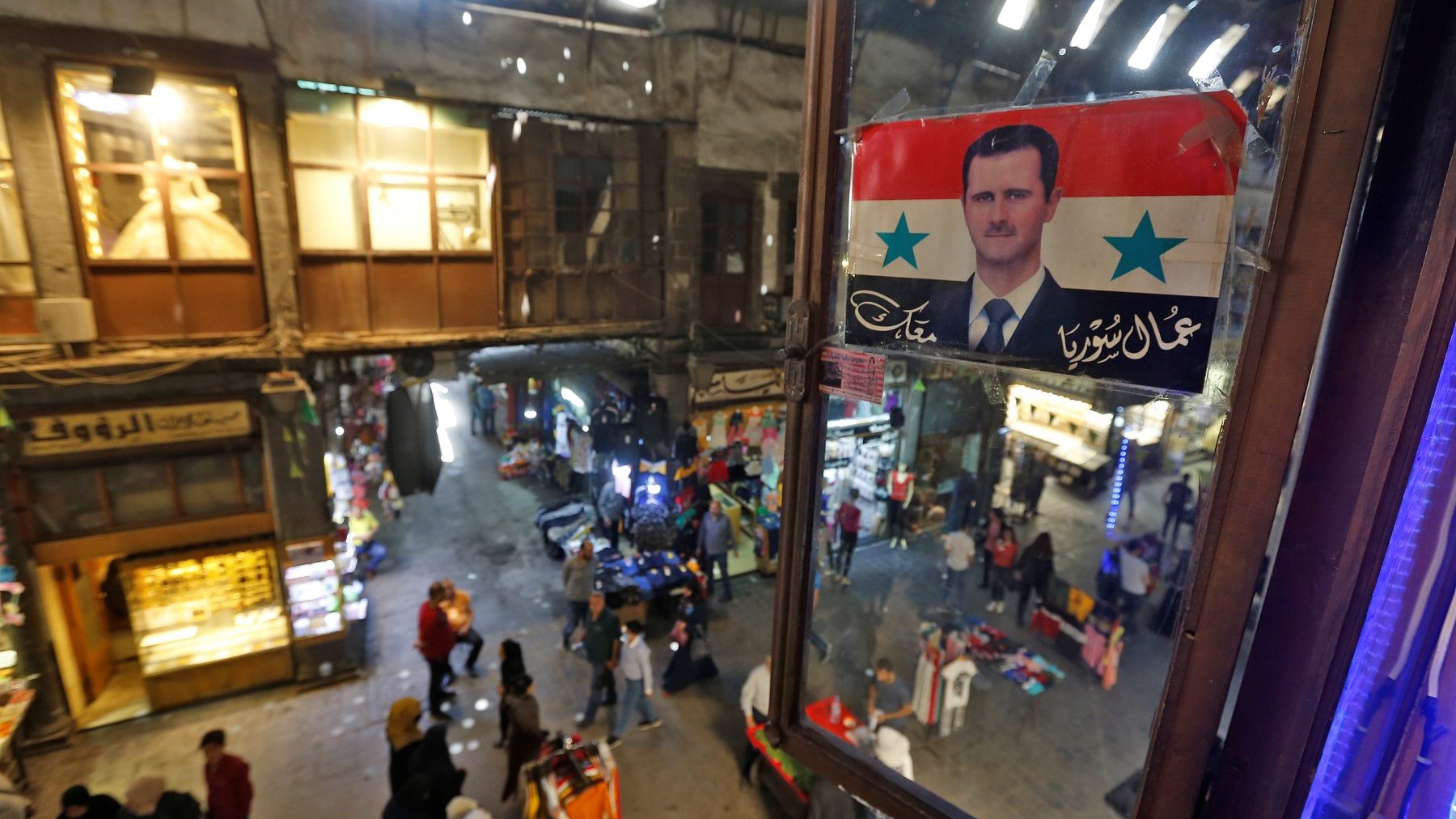The Assad regime’s decision to lift subsidies for thousands of families in Syria led to confusion and contradiction in the official statements from regime officials, which attempted to justify mistakes made by implementing the resolution. The statements also addressed the exclusion of low-income families from state support systems, forcing them to buy basic materials at the market rate. These prices are much higher than the cost of subsidized bread, at 200 Syrian pounds per bundle, which is sold for 1300 pounds at the market rate. The same price differences apply to fuel and other essentials.
The Syrian regime government met on Wednesday to try to reconsider the decision to lift subsidies and look at ways to assess the needs of families now excluded from state support.
“What happened reflects technical mistakes, not a deliberate decision,” said Amr Salem, the regime government’s minister of internal trade, to justify the decision’s impact. “In every data collection process, errors stem from reviewing available data and not updating it.”
Salem claimed that the decision had not been reached hastily, adding: “It will take years to check some data conclusively if we want to ascertain whether all applicants or cardholders are actually employed or not.”
Salem claimed that the excluded segment of the population amounted to 15 percent of the 4 million subsidy cards issues, totaling 596,000 excluded cards. Many cards had been excluded due to a lack of clarity about them, the minister said.
Promises to reconsider
On Wednesday, Salem discussed calls to reconsider the decision to lift support for thousands of Syrian families, a day after it was introduced.
Read Also: Government Removes Subsidies for “Affluent Population”
Salem said in a post on his Facebook account that citizens who have filed objections to being removed from subsidy lists will receive basic materials at subsidized prices until their objections are decided. He added that “every permanent employee, temporary, retired civilian or military personnel who has been excluded for owning only one car will again receive support after submitting and confirming an objection request on the website.”
How will the regime spend funds saved on subsidies?
Mohammed Samer al-Khalil, minister of economy and foreign trade in the regime’s government, said that removing support for families stemmed from financial deficits, which necessitated lifting subsidies.
“Part of the savings achieved from the lifting of support will go directly to the neediest segments of the population, either through monetary or in-kind compensation. There are plans to identify the families most in need across the population, a strategy that can be expanded and increased over time,” Khalil claimed.
Another part of the savings could be diverted toward segments that need to increase their salaries, such as anesthesiologists and other demographics, that could no longer live on their income, he said.
Citizens write off their business records
Mohammed al-Hallaq, a board member of the Damascus Chamber of Commerce, said: “Some people with commercial records should not be excluded from support. They have simple professionals and are affiliated with the chamber on the grounds that the chamber is considered an umbrella for all.” Hallaq pointed out that there are many of these people in the community, who own small businesses and do not own a car – rather, they go to work by bike.
Hallaq told al-Watan newspaper that many of these people asked to be removed from the Damascus Chamber of Commerce after being excluded from support, especially those who had not renewed their business records for two or three years.
This article was translated and edited by The Syrian Observer. The Syrian Observer has not verified the content of this story. Responsibility for the information and views set out in this article lies entirely with the author.


